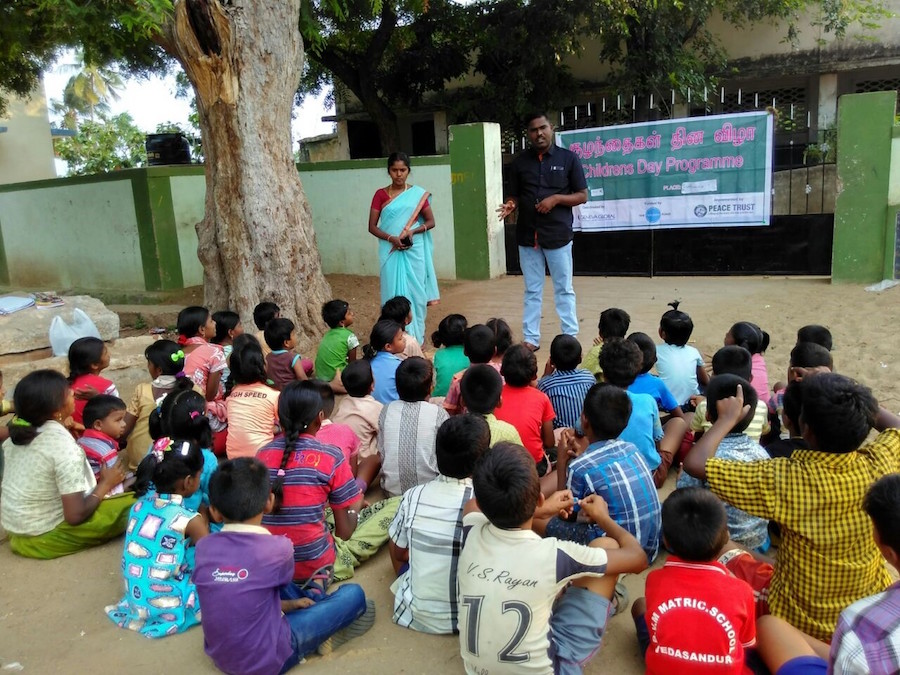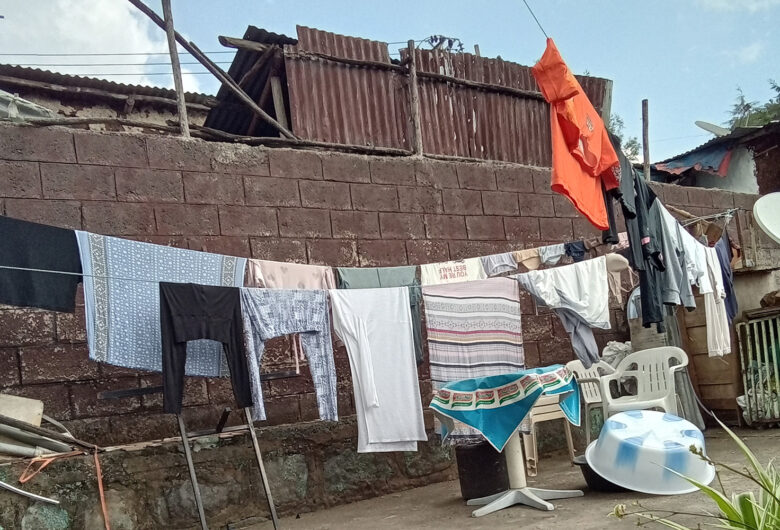Our local partners in the southern India hotspot, located in Tamil Nadu state, aim to tackle forms of bonded labour in spinning mills through targeted community-based interventions. Up to 80 percent of workers in cotton spinning mills in southern India are female, and most are adolescent girls from low castes. Despite the importance of the industry in providing local jobs, workers face many risks. Girls are often recruited to work under fraudulent pretences and lack basic employment rights and protections.
Adolescent girls working in spinning mills are at a high risk of sexual harassment. Much of this harassment goes unreported, however, because of cultural norms and fear among workers of losing their job. Workplaces in India are required by law to establish an internal complaints committee to address and resolve worker grievances, including complaints of abuse and harassment. Despite this, in 2017 the Tamil Nadu state government said it had no record of these committees being formed or functioning in the more than 3,000 mills located in the region.
In 2016, Peace Trust – a hotspot partner that has been working with local mills to improve working conditions – engaged with the managers of some mills, as well as the workers, to help establish internal complaints committees. Their efforts led to committees being established in 25 mills. Peace Trust has also worked with mill owners and district government agencies to register mill hostels in line with legislation. So far, 21 mills in the district have applied for hostel registration, allowing local officials to conduct inspections to ensure compliance with regulations. Following their engagement with Peace Trust, some mills have begun to adopt other legal requirements, such as asking for and filing workers’ proof of age and not forcing workers to take on overtime.
Learn more in our new report: ‘Her freedom, her voice: Insights from the Freedom Fund’s work with women and girls‘.
The Freedom Fund’s southern India hotspot helps reduce bonded labour in textiles, especially among girls and young women working in spinning mills and garment factories.
Photo credit: Peace Trust



